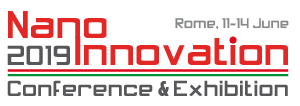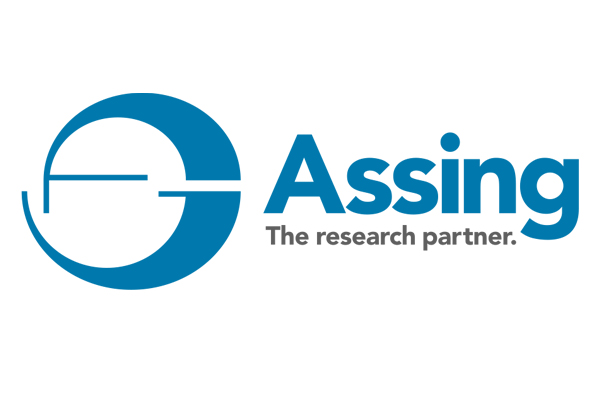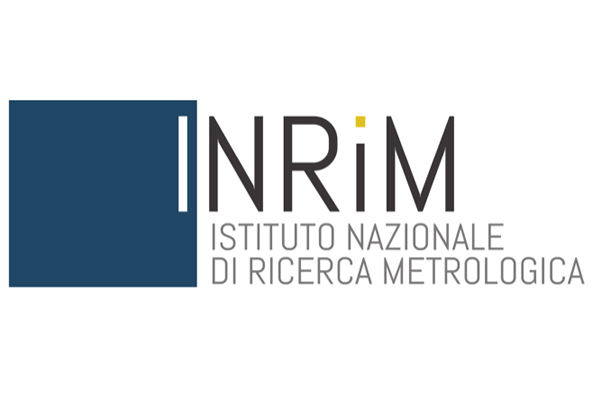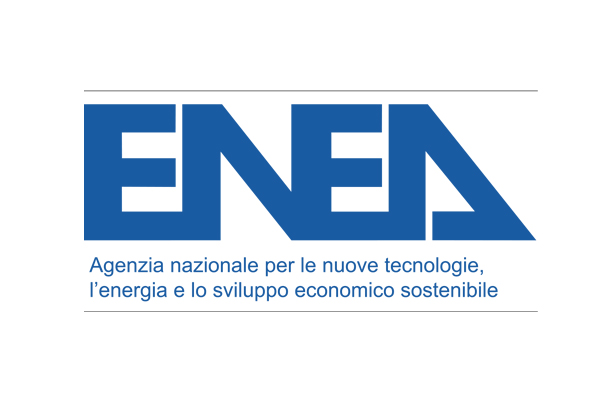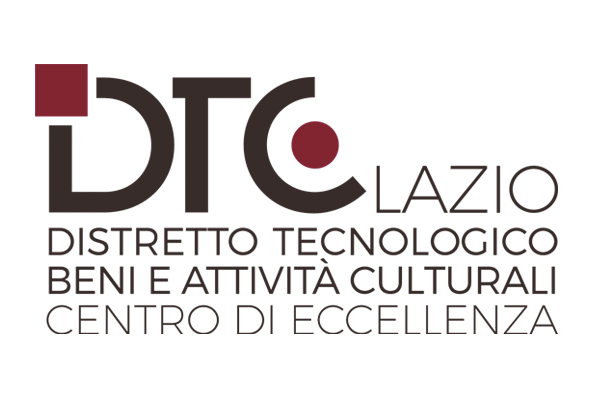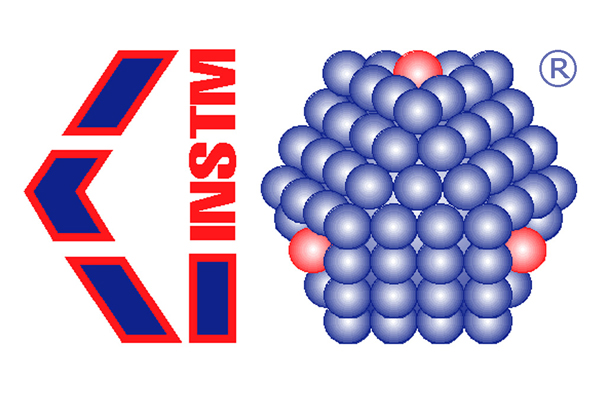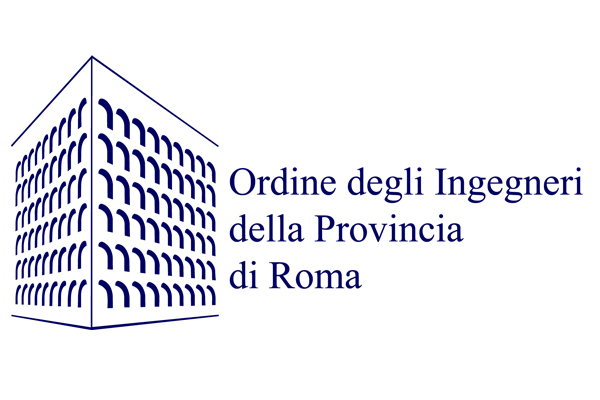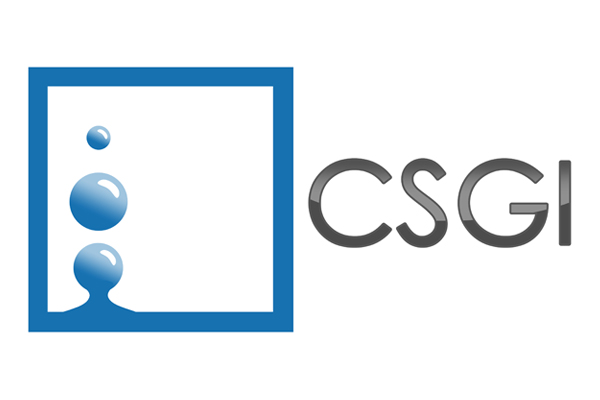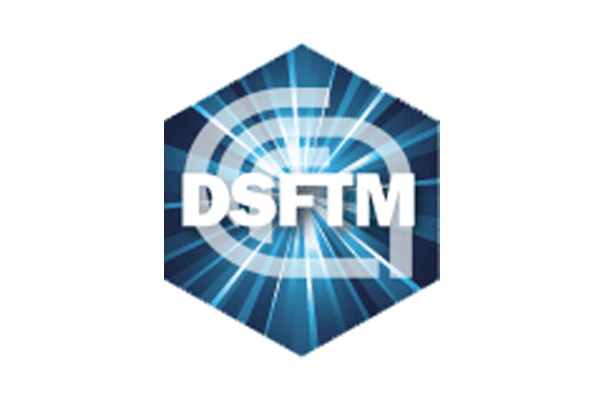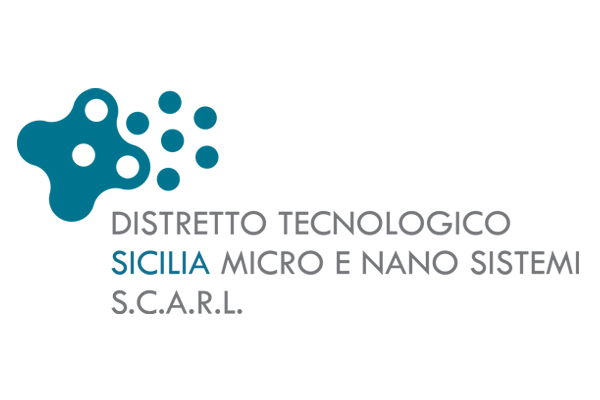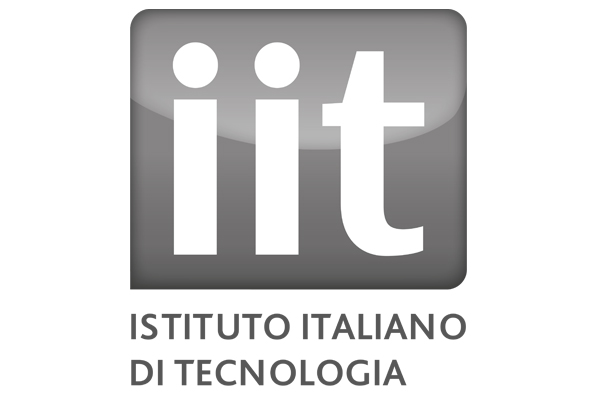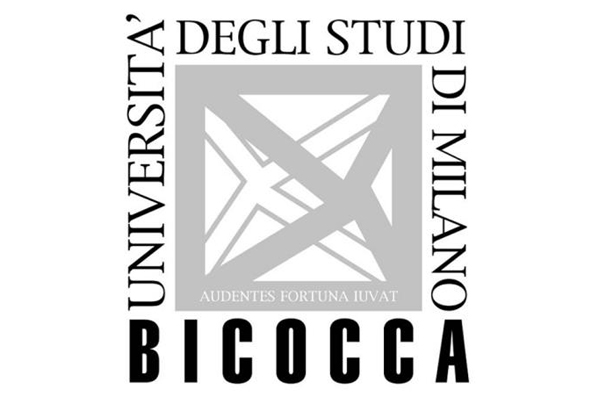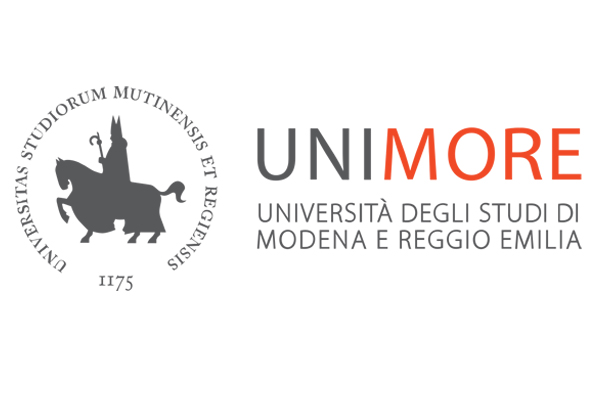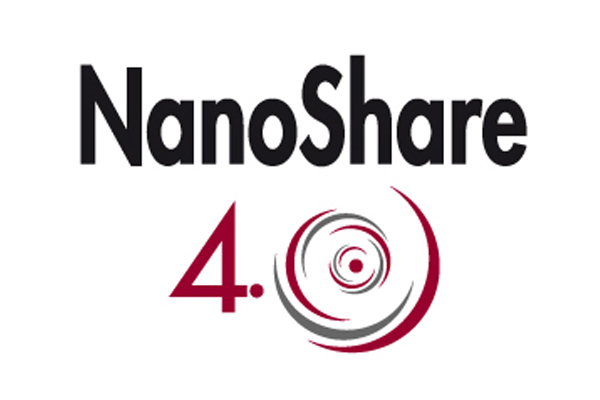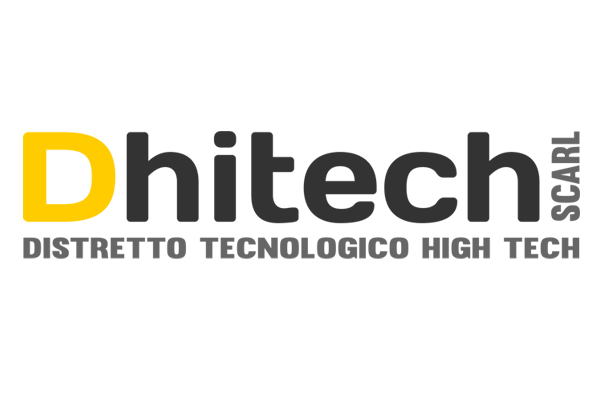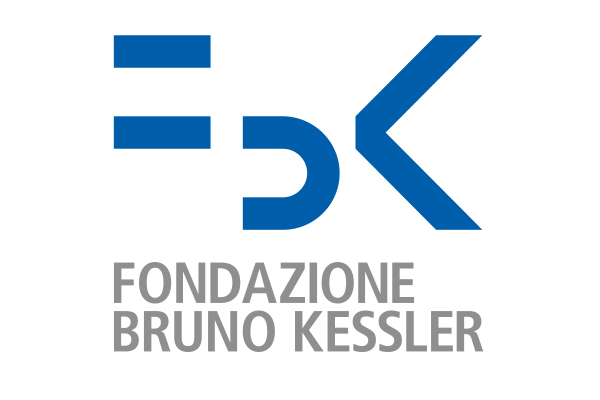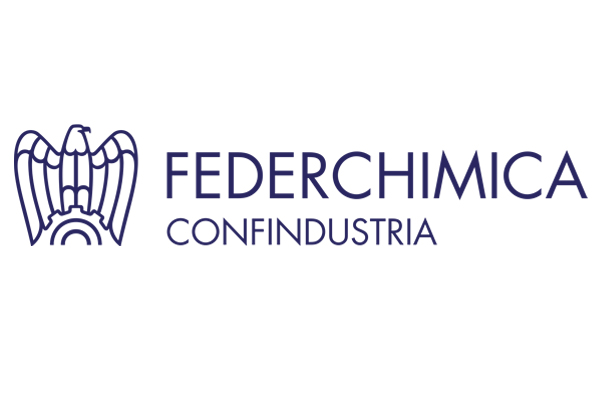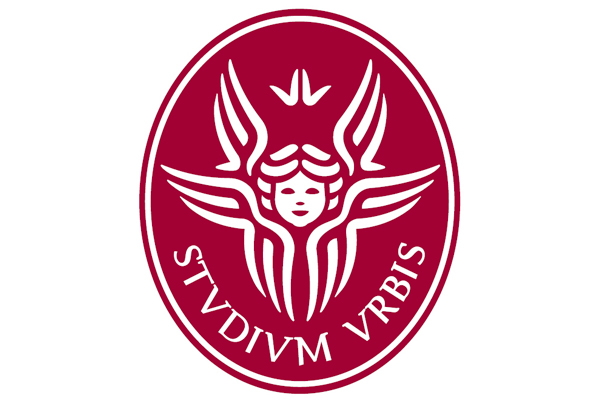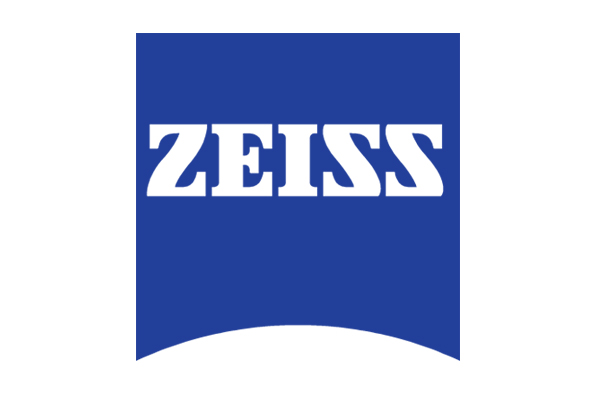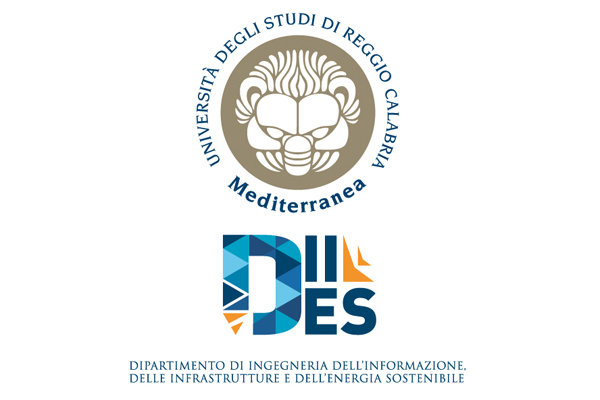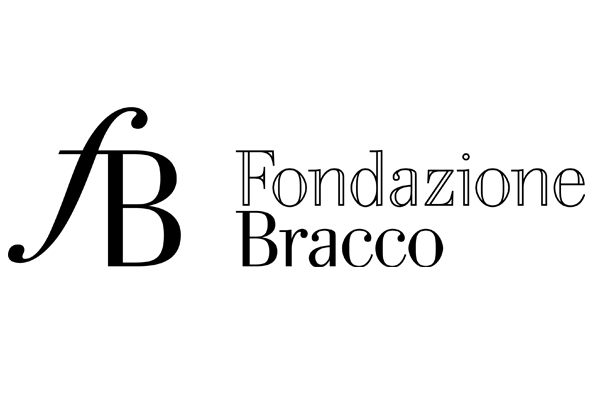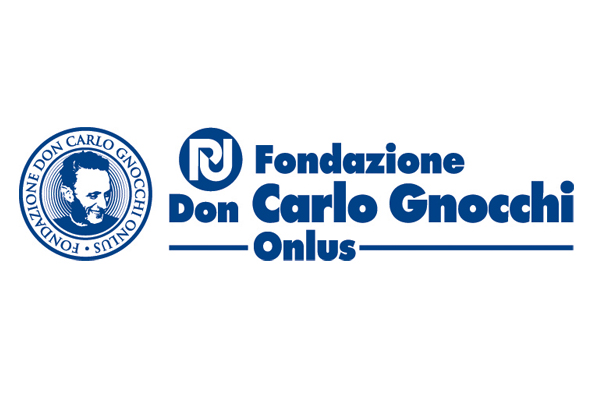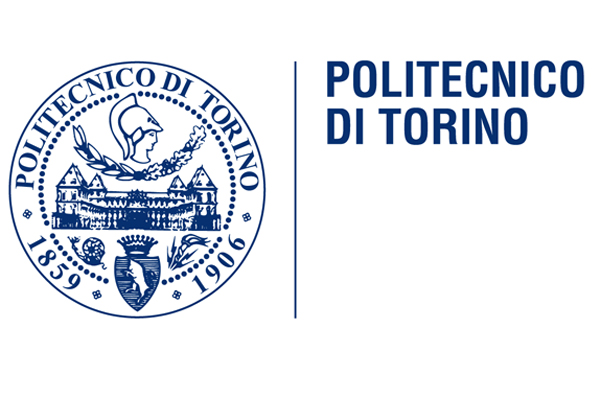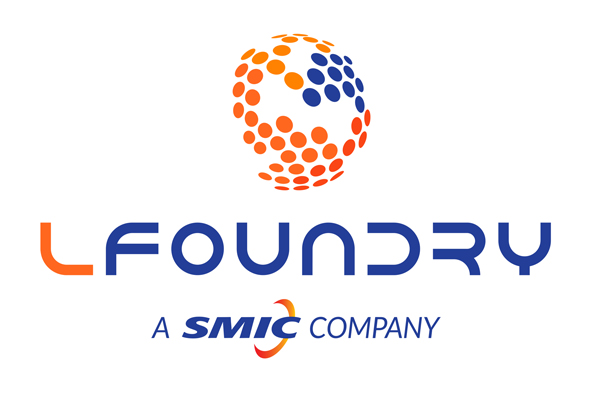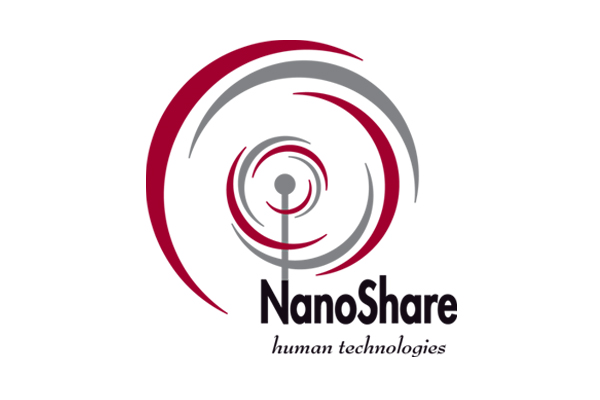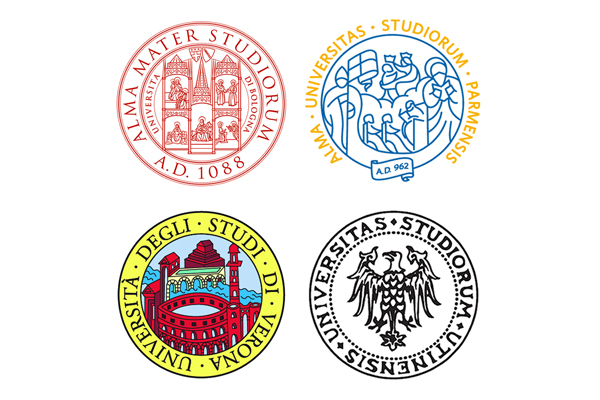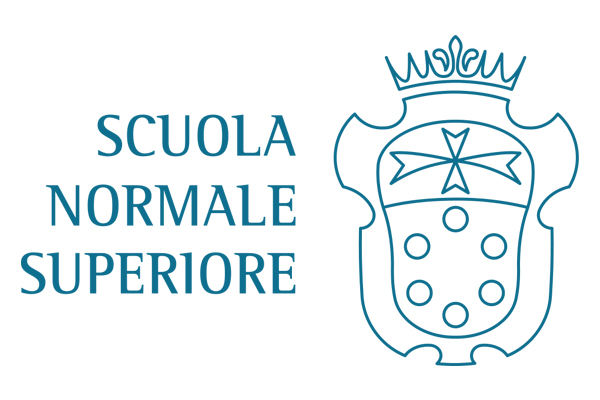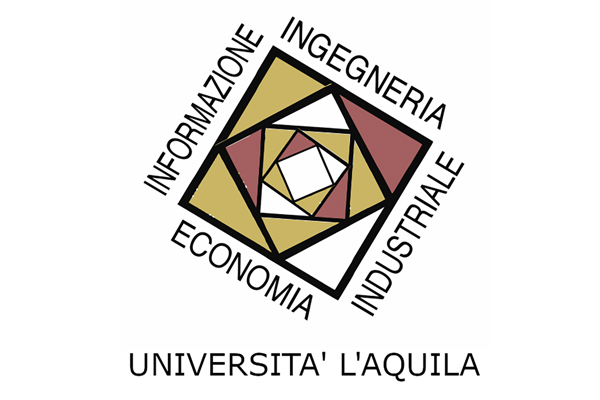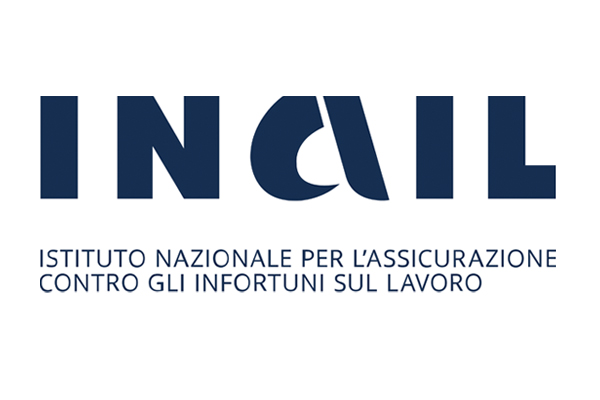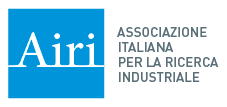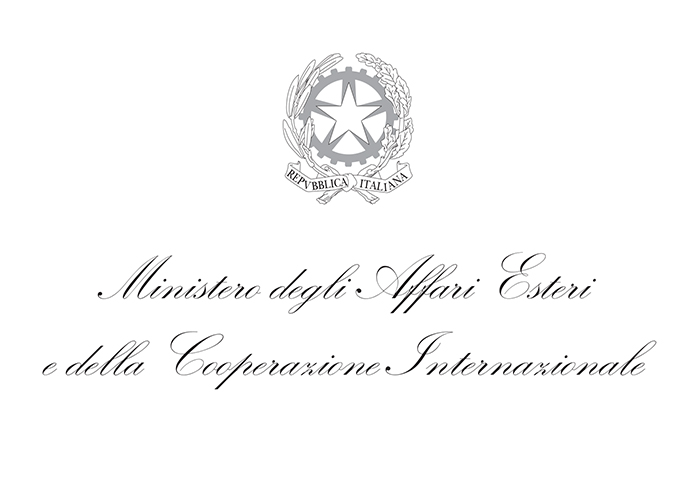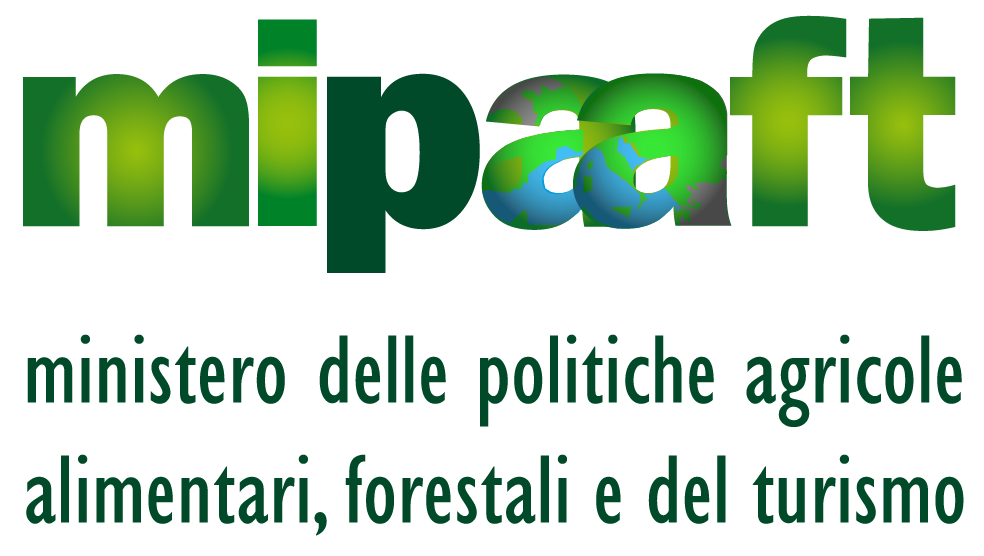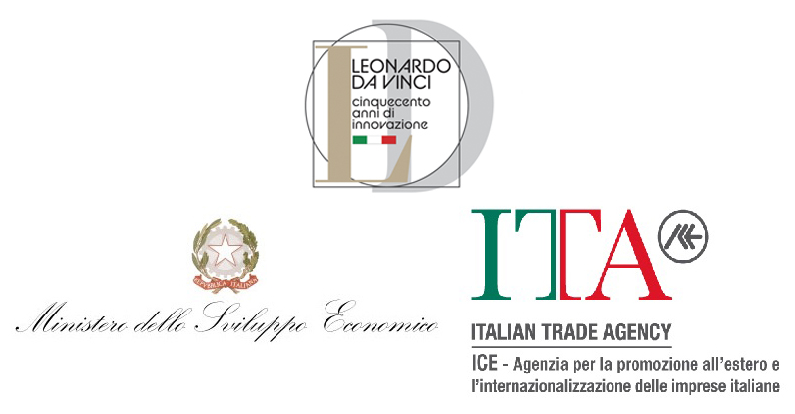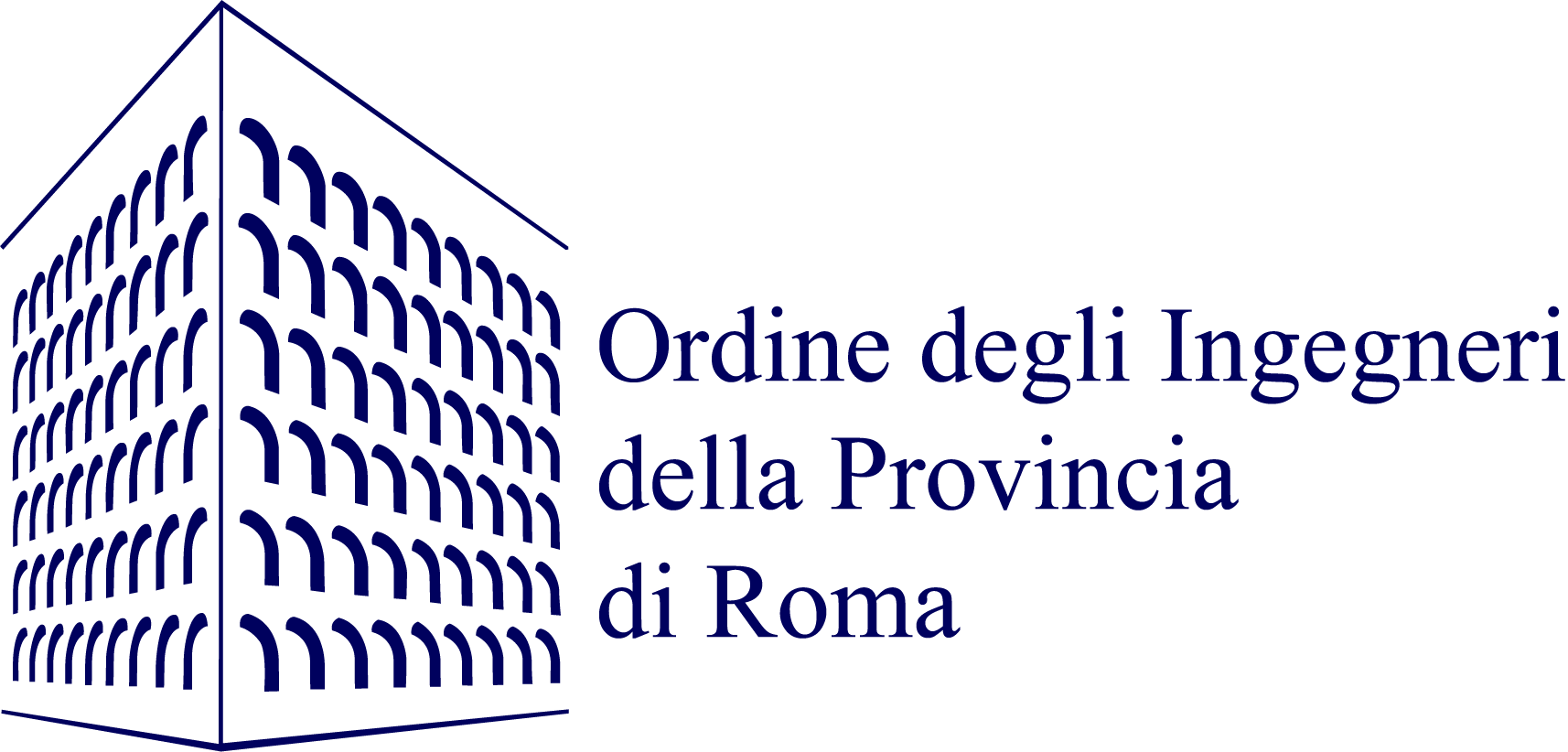INSTM
National Interuniversity Consortium of Materials Science and Technology (INSTM)
The INSTM was established in 1992 as a Consortium of Italian Universities with the goal to promote research activities in the field of Chemistry of Materials. Later it was joined by other similar Institutions and expanded its interests to the Science and Technology of Materials. The acronym INSTM stands for Consortium of Italian Universities for the Science and Technology of Materials. Nowadays it groups 49 Italian Universities, in practice all the Universities where research on Materials is carried out.
INSTM is an original bottom-up aggregation of researchers, which has a minimum of bureaucratic structure, and efficiently coordinates the activities, promotes the joint participation of INSTM groups to Italian and European projects, is active in technology transfer, also establishing spin-off enterprises, takes care of the training aspects in Materials Science and Technology. The INSTM Consortium promotes the research activities of its members (the 49 Universities) in the area of Materials Science and Technology through organizational, technical and financial support.
The participation of individual Universities to INSTM is on a voluntary basis. Once a given University decides to join INSTM, all the researchers who may be interested to participate to the activities of the Consortium can do that after their application is accepted by the Executive Board. About 2000 professors, researchers, post-docs and PhD students are associated to INSTM and the number thereof is continuously increasing.
A Local Research Unit is formed in each associated University and all the groups join it. The scientific structure of INSTM is organised in Thematic Section (TS), which is the tool to coordinate the scientific activities, plus ad hoc committees on specific scientific aspects. Currently the Thematic Section are four:
- High mechanics, construction and transport
- Energy and environment
- Systems for processing, transmission and storage of information
- Healthcare and food
The existing ad hoc committees are:
- Computational modelling
- Conservation and valorisation of cultural heritage
|
INSTM
|
